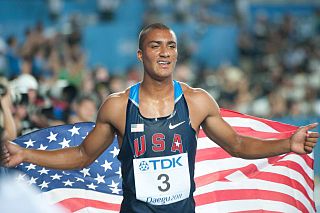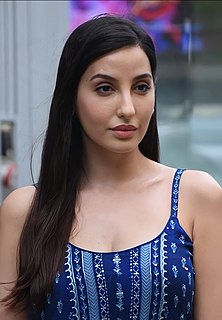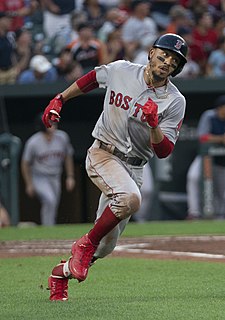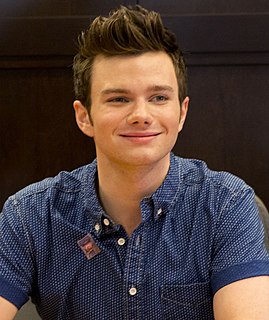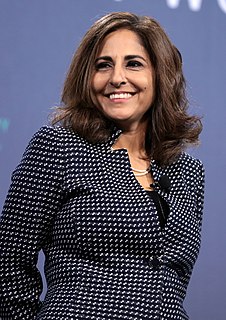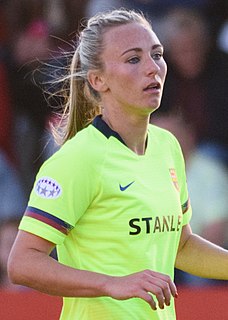A Quote by Jamie McKelvie
I've always believed comics should bring in things like that, and they haven't for a very long time, in general. You always get people complaining, "What's it going to look like in 10 years' time?" It's ridiculous. Everything is going to age. If you try and avoid dating it, you just end up with something that doesn't mean anything.
Related Quotes
I don't think I've ever tried to be something that I'm not. People do that for you. People try to pigeonhole you. People tried typecasting me, before they even saw me in anything else. I've never understood that. I was like, "Why don't you wait until my next project, before you start telling my what my career is going to look like, for the next 10 years?" I've never let it set me back because I always knew the world would try to do that for me, anyway.
Look, there's no denying that comics have moved dramatically into the mainstream in North American culture in the last 10 years, and for someone like me who's always tried to make a living at it, it's been great, I'm very grateful for it. But at the same time, it's not a subculture-y thing anymore; it's something that's in the New York Times and the New Yorker.
If you push in every time there's a big moment, then the tenth time you push in, you're not going to get the same effect. Or if you have too many close ups, then when you have a big moment and you want a close-up in order to make a point, it doesn't mean anything because you've already been doing close-ups. It's like writing in all capitals. Then after a while that doesn't mean anything. So, just because you can do something with a camera doesn't mean you should.
I'm still a tomboy. I mean, I obviously dress it up slightly more, but when I'm just me, I'm still very casual. I love comfort. Comfort is very key to me because I spend most of my time in very uncomfortable things, so it's all about trainers and flats. On a shoot, if they're like, "Play around a bit," I'm going to be climbing on top of things and jumping off, and people are going to be trying to stop me, like, "You mucked this up," and, "You're going to hurt yourself," while I'm flying around in heels, just being crazy.
We don't have great answers to what jobs will look like in 10, 20, 30 years. And I think it's right for people to have some anxiety in a world where driverless cars are going to take over. Like, how are you going - it's gotten really, how are you going to have a job in 10 years, and how are your kids going to have a job in 10 years, if you haven't gone to college or had a lot of hand-ups in the system, basically.
It's so hard to do anything that doesn't owe some kind of debt to what Stanley Kubrick did with music in movies. Inevitably, you're going to end up doing something that he's probably already done before. It always seem like we're falling behind whatever he came up with. "Singin' in the Rain" (1952) in "A Clockwork Orange" (1971) - that was the first time I became so aware of music in movies. So no matter how hard you try to do something new, you're always following behind.
The first thing I learned as a producer is that you have very little control over the life of a project. Anything can stall a film from financing to scheduling to casting. Things fall apart all the time. Don't waste time on something that just won't get made. Try to have as many projects going at one time as you can handle.
Reading is always a way of forming a bond with other people. I'm not very good at socializing - I quite like spending time alone - so reading is a way of engaging quite deeply with the way other people think. Quite often when you meet other people socially you don't get to have a conversation of any depth. You end up talking about how well or how badly someone is doing at school or something of that sort. Questions like, "What we are," "Who we are," "Where are we going," you get those from literature and from people that spend some time thinking.
When you're writing a book, it's rather like going on a very long walk, across valleys and mountains and things [...] The highest mountain on the walk is obviously the end of the book, because it's got to be the best view of all, when everything comes together and you can look back and see that everything you've done all ties up. But it's a very, very long, slow process.

